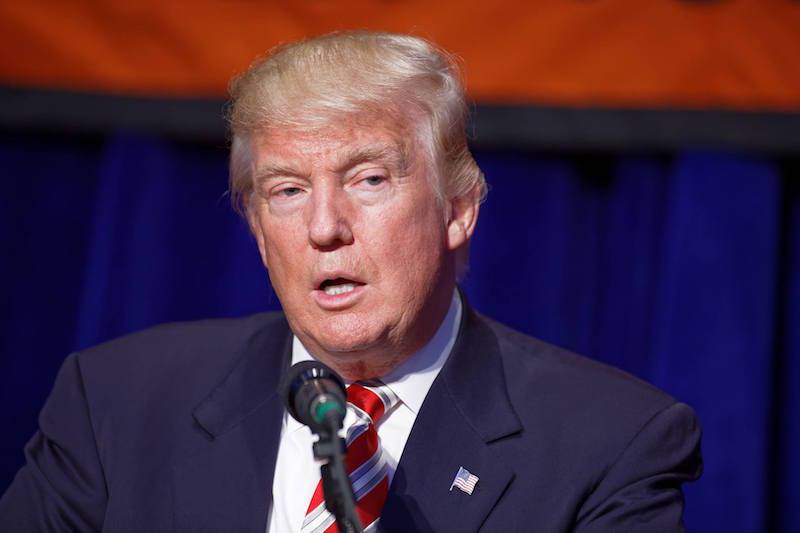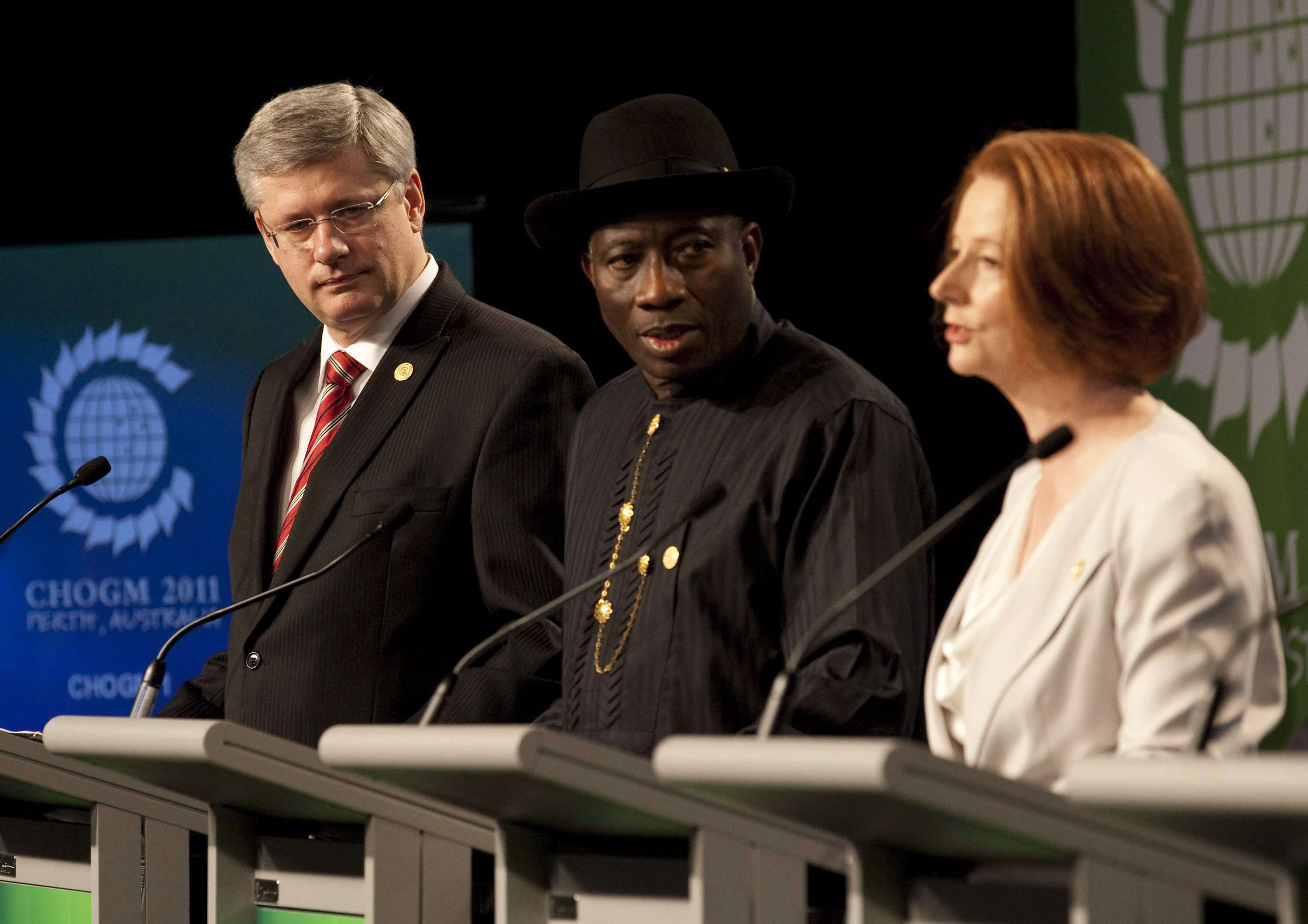The Republican Party has rigorously campaigned on a promise to repeal the Affordable Care Act (ACA) – commonly known as Obamacare – for seven years. Their reasons are a combination of ideological, economic, and historic arguments, and when Donald Trump was inaugurated as the 45th president of the United States on January 20th, the Republican Congress spearheaded into repealing as many stipulations of Obamacare as possible. Right in the first weeks of Trump’s presidency, the repeal bill for Obamacare was hastily put together, named the American Health Care Act (AHCA), and quickly pushed for a House vote. But on March 24th, Paul Ryan reluctantly proclaimed that the Republican representatives of the House were too divided on the bill for it to pass. The AHCA was pulled in a spectacular admission of defeat and exposure of deep-rooted cleavages within the Republican Party. As resolute as Trump was on repealing the health care act, the crusade has failed. The reasons for this are an interesting combination of the divide among the Republicans and their weak campaign against a very popular piece of legislature.
Firstly, Obamacare introduced a baseline for health coverage. Repealing a law that takes away the need to choose between life-saving medical procedures and basic necessities from over twenty million families is naturally difficult, as it requires proof that the law’s economic shortfalls outweigh its social benefits. In 2015, Obamacare reduced the percentage of American families without health insurance from 16 percent to 9 percent. It did so by expanding the government-funded insurance program for low-income families, Medicaid, to provide coverage for people whose income falls less than 138 percent below the poverty line. Secondly, it created government-operated insurance marketplaces, which offered aid to those whose income falls 400 percent below the poverty line. Finally, the law subtly created a more robust redistribution of aid through insurance markets, such that insurance premiums varied with age, family size, smoking habits and the residence of the family. These stipulations helped create a drastic expansion of health coverage amongst people with lower income.
For Trump, and most Republicans, the prime motivation to repeal Obamacare was reduced to cutting roughly 1 trillion dollars worth of taxes. Little reasoning was explained beyond this argument, and critics of the Republican party have expressed concern that their arguments against Obamacare often lacked a thorough understanding of the legislature. A lion’s share of Republican disapproval of the legislature was purely ideological: hating any proposal for an increase of social benefits is often seen as a staple of the political right, and so many conservatives criticized Obamacare as the government meddling in the private doctor-patient relations. Economic arguments emerged from this line of reasoning, with many Republicans arguing that Obamacare is a disastrous piece of legislature that is leading the country into market failure. None of these claims were compelling enough to convince the people that Obamacare is indeed disastrous. Public support for the healthcare act remained high by a strong margin of 54 percent.
On top of this, Republican members had very different motives for opposing Obamacare, and were weary of implementing the hasty AHCA. Republicans in the House, for example, criticized Obamacare for banning cheap insurance policies and giving the federal government a large hand in healthcare. Meanwhile, Trump himself grounded his disapproval of the bill on the simple fact that, in his view, the federal government should not have a voice in which insurance plans Americans choose to buy. Furthermore, several Republican leaders raised concerns at the unclear nature of the repeal bill. House Republicans have criticized Trump and Ryan’s AHCA, which used tax credits to help citizens buy individual health insurance policies, as a merely slightly modified, and severely less popular, version of Obamacare. Republicans in the Congress have pointed out that the proposed repeal policy lacks transparency, leaving both American citizens and lawmakers unclear on the details of the replacement program for Obamacare.
Trump’s populist crusade against Obamacare was marked with a generous promise to introduce a health care plan that covers more people, costs less, and provides better insurance. But this blanket explanation of his plan was painfully empty of any sort of detail or nuance, and when it comes to health care policy, this is a fatal flaw. Even the strongest critics of the Democratic Party enjoy great benefits from Obamacare. Trump did not pair his efforts to repeal Obamacare with a strong piece of legislature that would clearly be of greater benefit to Americans. The AHCA headed into voting with only 17 percent of public approval.
Consequently, Trump’s push on a House vote on the AHCA placed many House Republicans into a predicament of choosing between passing a bill that has very limited constituency, or voting against the president’s healthcare agenda. They chose to reject the AHCA, admitting that they were not able to gain sufficient support to pass it. Both Trump and Ryan have since stated that Republicans will now shift their focus to other policies, such as tax reform, border security, and military spending.
Photo: Donald J. Trump at Marriott Marquis NYC September 7th (2016), by Michael Vadon via Flickr. Licensed under CC BY 2.0.
Disclaimer: Any views or opinions expressed in articles are solely those of the authors and do not necessarily represent the views of the NATO Association of Canada.




